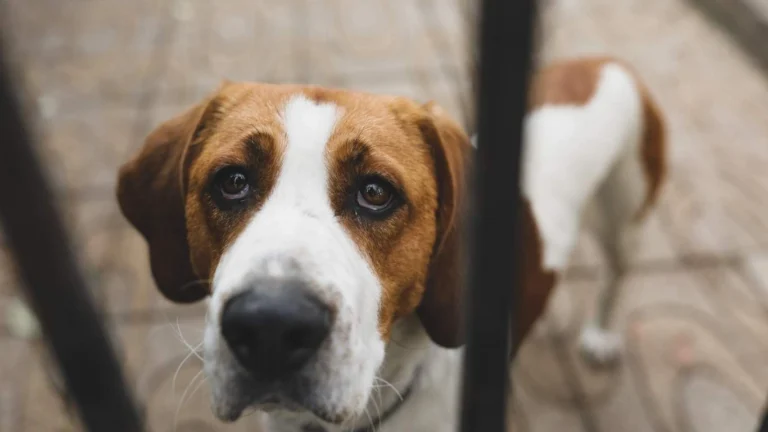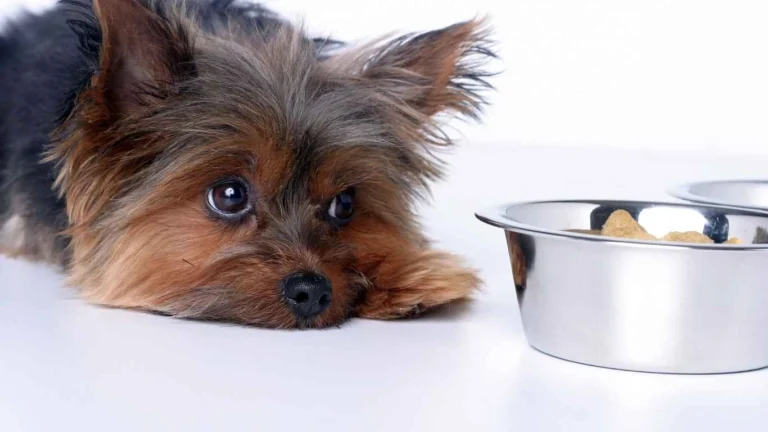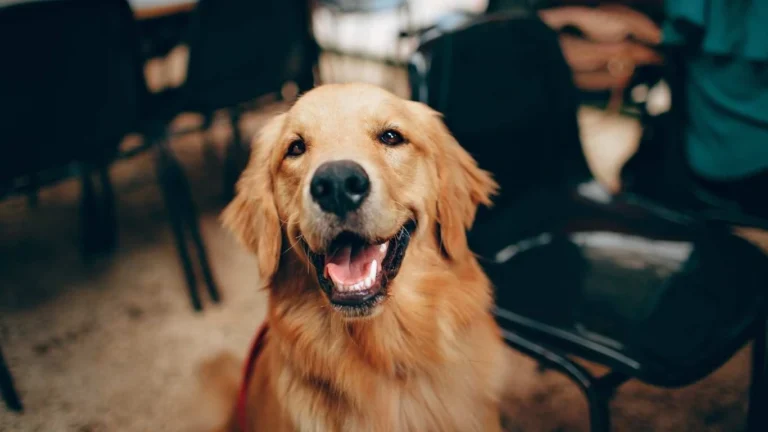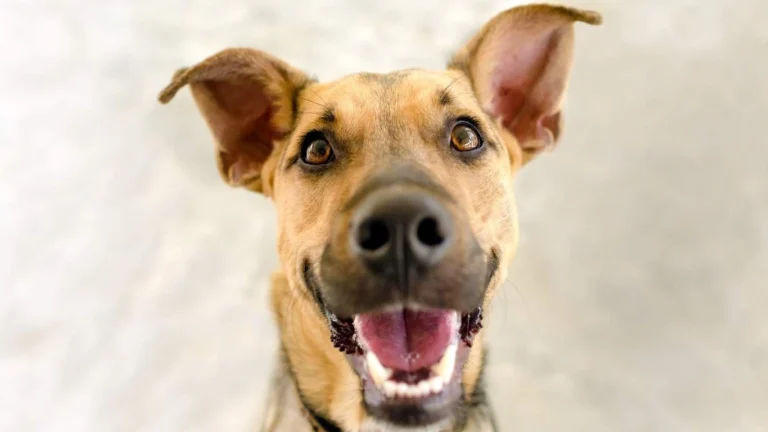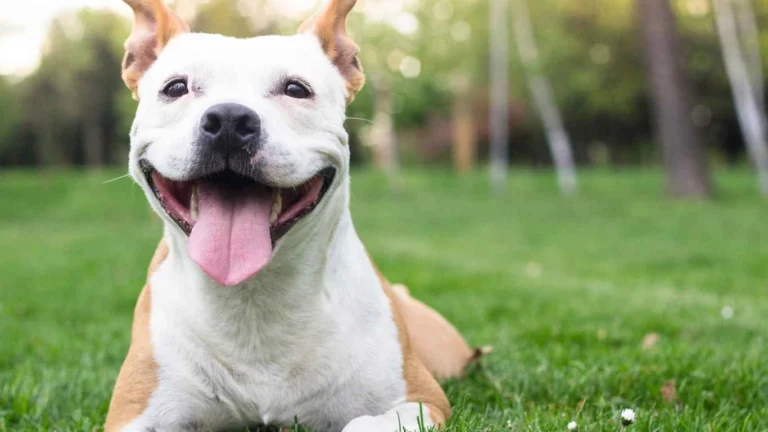How to Stop Food-Related Bad Breath in Dogs Naturally
Bad breath in dogs, especially when it’s related to food, is a common issue that can affect both your pet’s health and your time together. No one likes to cuddle with a pup who has stinky breath after meals. While it’s normal for dogs to have some odor, persistent or foul-smelling breath could signal something more serious. Knowing how to manage food-related bad breath in dogs helps keep their mouths healthy and your home more pleasant.
Understanding Dog Breath and What Causes It
To understand how to stop food-related bad breath in dogs, it helps to know how their mouths work. A dog’s mouth is filled with bacteria—both good and bad. These bacteria help break down food, but when they grow out of control, they can create unpleasant smells.
Your dog’s saliva, tongue, gums, and teeth all play a role in oral health. Food particles left in the mouth after eating can feed bacteria, especially if your dog doesn’t chew much or eats quickly. Over time, these particles stick to the teeth and gums, forming plaque and tartar. This leads to bad breath, or what vets call “halitosis.”
How Food Affects Your Dog’s Breath
Food is one of the main causes of dog breath odor. Some ingredients naturally have strong smells, like fish, liver, or certain processed meats. When your dog eats these foods, traces can linger in the mouth and even in the stomach, leading to smelly breath hours later.
In addition, some foods may not be fully digested by your dog. This can cause gases or stomach issues that come back up through the esophagus (food pipe), contributing to a bad smell from the mouth. Poor-quality ingredients and certain fillers in dog food can make this worse.
Common Causes of Food-Related Bad Breath in Dogs
- Poor dental hygiene: Food stuck between teeth and around gums creates a perfect home for bacteria.
- Low-quality or smelly foods: Diets high in fish, organ meats, or artificial additives can leave a lingering odor.
- Eating too fast: Dogs who gulp food down may not break it down enough, leading to smelly burps and breath.
- Food allergies or sensitivities: Certain ingredients can cause inflammation in the mouth or gut, contributing to bad breath.
- Upset stomach: Digestive problems from food can cause bad-smelling gas to come back up into the mouth.
- Stuck food particles: Soft foods or table scraps can cling to teeth and gums, especially in small or older dogs.
Sometimes, dogs get into trash or eat spoiled food outdoors, which can also cause bad breath. Keep an eye on what your dog eats to rule out these causes.
Simple Steps to Help Stop Bad Breath
There are several ways to reduce or prevent food-related bad breath in your dog. Try a combination of the following tips for the best results:
- Brush your dog’s teeth regularly: Use a pet-safe toothbrush and dog toothpaste. Aim for at least 2–3 times a week.
- Feed high-quality dog food: Choose diets with natural ingredients and fewer fillers. Avoid strong-smelling foods unless needed for health reasons.
- Provide dental chews or toys: These help clean the teeth and gums by scraping away food and plaque.
- Use water additives: Some products can be added to drinking water to reduce bacteria and freshen breath.
- Offer crunchy treats or kibble: These help naturally scrape the teeth while chewing, especially compared to soft food.
- Encourage slow eating: Use a slow-feeder bowl to reduce fast gulping and improve digestion.
Make dental care part of your dog’s routine. Like people, they need regular attention to keep their mouths healthy and fresh-smelling.
When Bad Breath Means Something More
While food is a common cause of bad breath, sometimes it’s a sign of a deeper issue. If your dog’s breath doesn’t improve after trying home care, it might be time to visit the vet.
Look out for these symptoms:
- Breath that smells sweet, metallic, or like ammonia
- Red or bleeding gums
- Loose or broken teeth
- Loss of appetite
- Drooling more than usual
- Pawing at the mouth or face
- Vomiting or diarrhea
These could be signs of dental disease, infections, or even kidney or liver problems. It’s important not to ignore them. Most health problems are easier to treat when caught early.
When to See a Vet
If your dog’s breath is strong and doesn’t go away after a week of better care, talk to your vet. They can check for gum disease, infections, or other problems that might be causing the odor. Your vet might also recommend a professional dental cleaning.
In some cases, bad breath is linked to problems in the kidneys, liver, or stomach. This is especially true if your dog is also acting tired, drinking more water than usual, or having accidents in the house.
Don’t worry—many of these problems can be treated or managed with the right care. Your vet will guide you through the next steps and help you find a solution that works for you and your pet.
Keeping Your Dog’s Breath Fresh Over Time
Good breath starts with good habits. Once you’ve cleaned up your dog’s diet and added brushing or dental chews, make sure to keep up the routine. Most dogs learn to tolerate toothbrushing if you go slowly and use tasty toothpaste made for pets.
Check your dog’s mouth every week for signs of tartar, redness, or anything unusual. The earlier you spot a problem, the easier it is to fix. And remember, every dog is different. What works for one pup might not work for another.
If your dog’s breath seems off and you’re not sure why, it’s always okay to ask your vet. A little curiosity can go a long way toward a healthier, happier dog.

